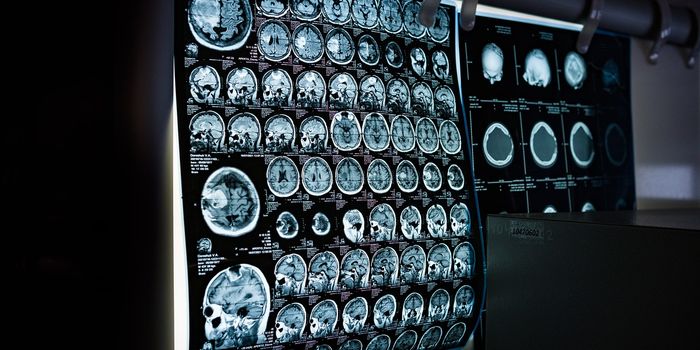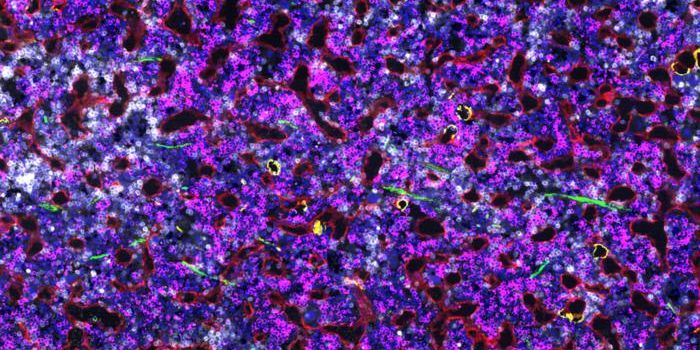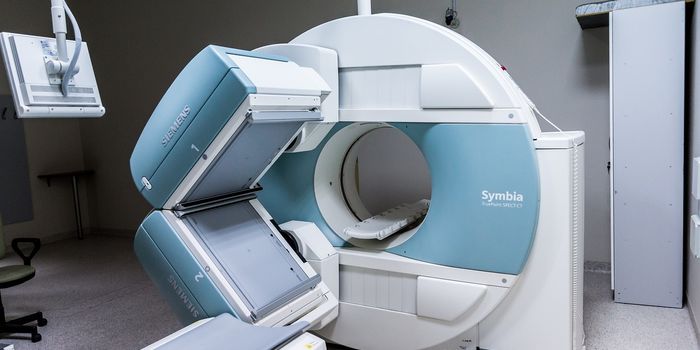A New Tumor Growth Mechanism for Obesity-Induced Breast Cancer Revealed
Obesity is related to various types of cancer. Numerous epidemiological studies have demonstrated that the risk of breast cancer, specifically in postmenopausal women, is significantly elevated in those with a high body mass index (BMI). In fact, one study estimates up to a 40% higher risk of breast cancer in obese postmenopausal women compared to normal-weight women.
While oncologists generally recognize the association between obesity and cancer, many questions remain as to how exactly obesity, or factors associated with it such as excess fat cells, promotes cancer development. A recent study published in Nature Communications provides some new details on the mechanistic role of obesity in postmenopausal breast cancer. The researchers demonstrate lipids upregulated in obese individuals stimulate cancer cells, making them more aggressive and promoting tumor development.
The study revealed that tumors from obese postmenopausal breast cancer patients exhibited higher expression of markers highly expressed by cancer stem cells, a subset of cells located within a tumor that can self-renew and differentiate. The ability to reproduce on their own allows cancer stem cells to support cancer growth and metastasis to distant parts of the body.
Using in vivo mouse models, the researchers further investigated the molecules involved in obesity-driven tumor growth. The study scrutinized the tumor microenvironment, the cellular components, and secreted factors surrounding the cancer cells and found distinct changes between normal weight and obese mice. The authors identified palmitic acid, a fatty acid found naturally in butter, cheese, milk, and meat, as a key player linking obesity to enhanced breast cancer growth. The study reveals that obesity-induced palmitic acid promotes adaptation of the nearby breast cancer cells resulting in a more aggressive, faster-growing tumor.
Overall, the authors conclude that their study demonstrates that obesity is associated with increased production of palmitic acid, leading to cellular adaptations resulting in more aggressive cancer growth and development. The authors suggest that obese breast cancer patients may benefit from specialized therapies that target molecules in these mechanisms instead of the current standard of care treatments.
Sources: The Lancet, Nat Commun, Int J Biochem Cell Biol









